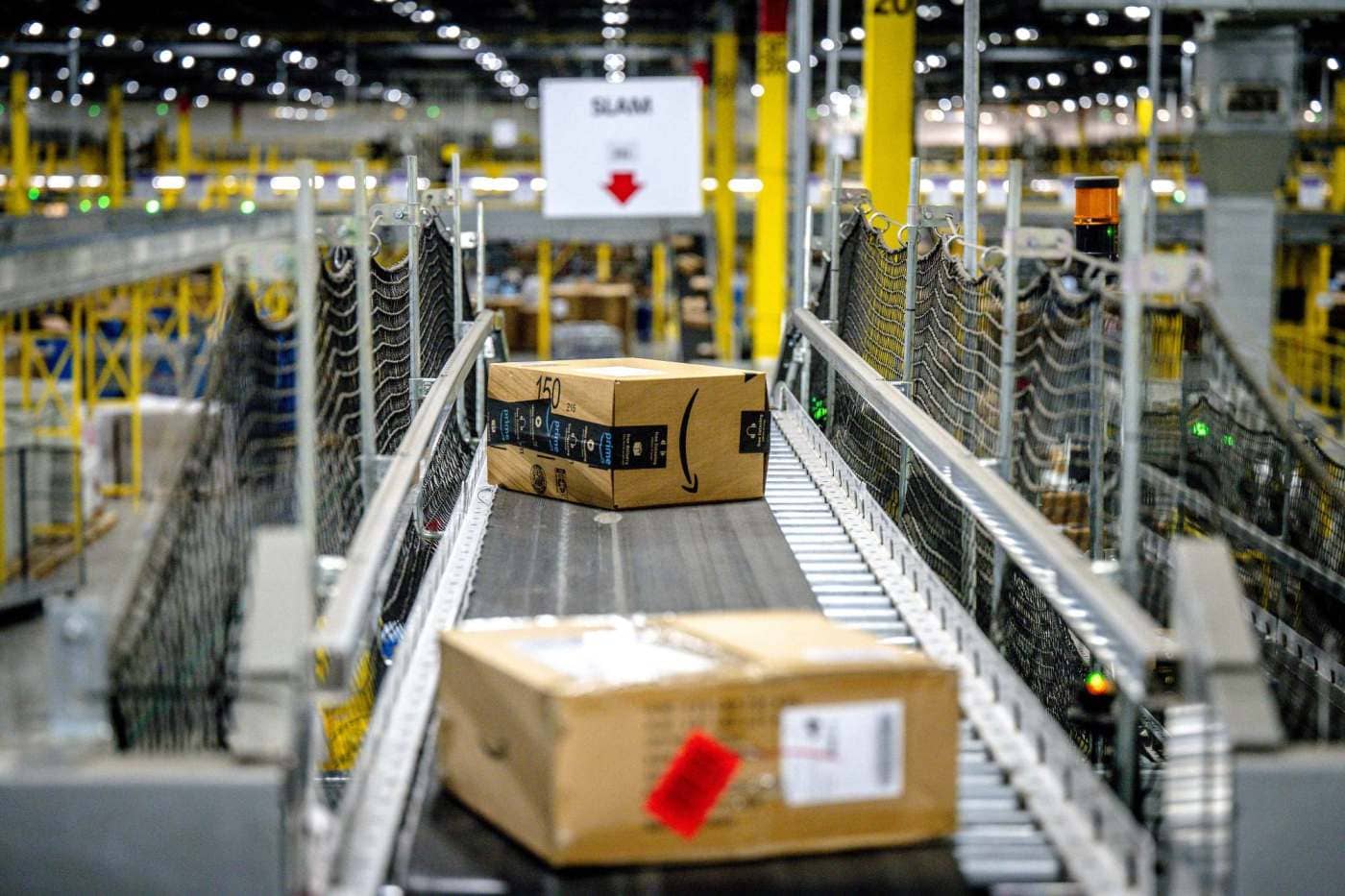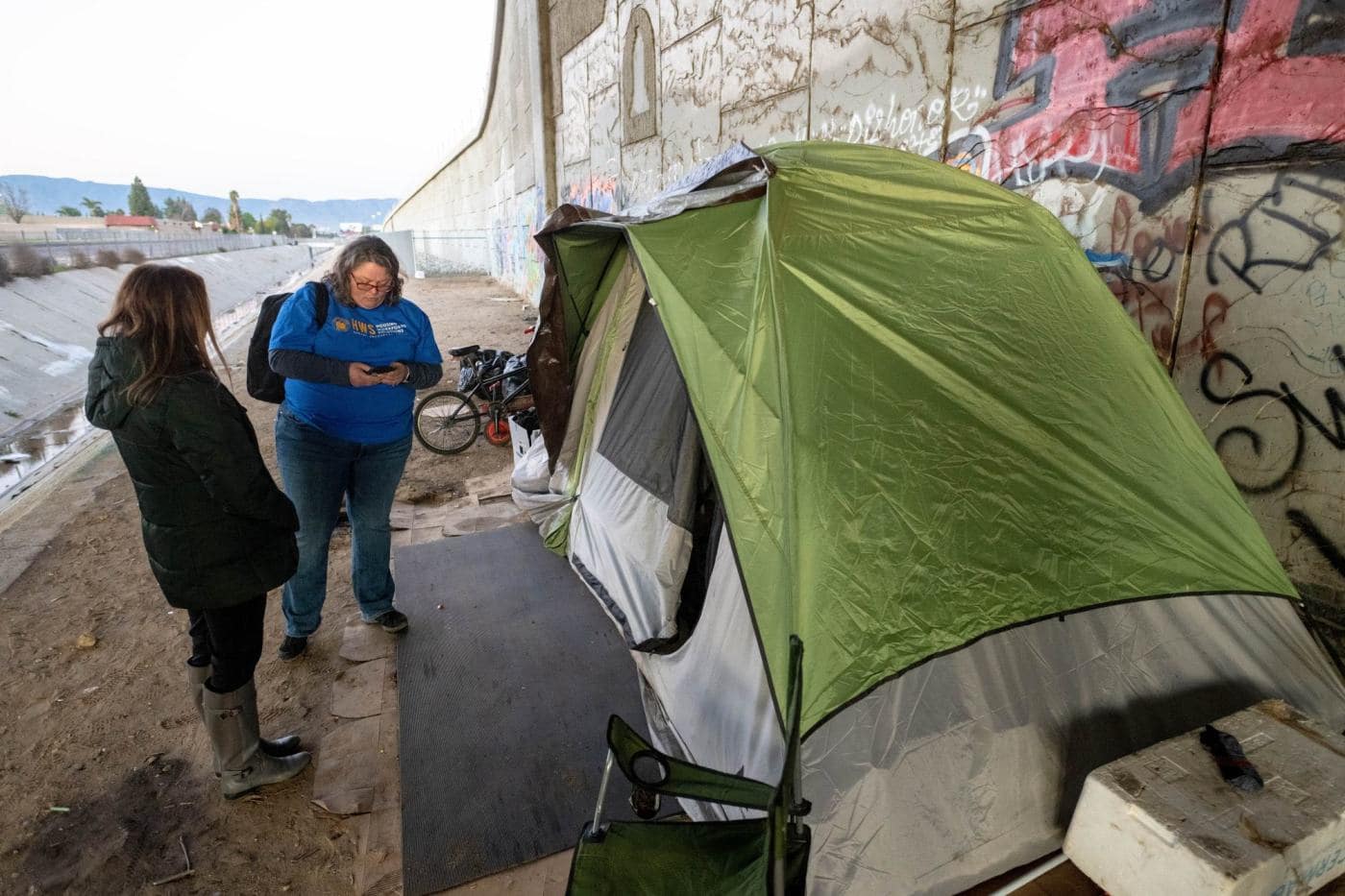By Sarah Hofmann | Contributing writer
Hemet leaders this week extended a temporary ban on new warehouses as the city continues to study the impacts of such developments in the community.
The City Council voted unanimously Tuesday, Jan. 14, to extend the warehouse moratorium through much of the year.
In December, the council approved a 45-day moratorium on warehouses that aren’t already in the city’s planning pipeline, postponing “the establishment or expansion of warehouse and distribution facilities” within Hemet city limits, according to a staff report.
State law limited the initial moratorium to 45 days. The extension approved Tuesday adds another 10 months and 15 days, and will expire Dec. 9 unless the council ends it sooner.
“Our expectation is that we will be bringing back a draft regulatory ordinance for industrial warehouses and logistics centers and distribution facilities well before (the moratorium expires),” City Attorney Steven Graham Pacifico said. After that, the plan will receive public input and consideration from the Planning Commission and council.
The moratorium could end early if the council takes action on the regulatory update, he said.
According to a report presented to the council Tuesday, the city has experienced “a significant increase” in warehouse and distribution facility proposals that “raise concerns regarding traffic, environmental impacts, and public health.”
Of the five people who spoke at the public hearing on the moratorium, four supported the extension. The council approved it with little discussion.
The recent explosion of warehouses across the Inland Empire, fueled in part by the increase in online shopping and the region’s proximity to the Los Angeles and Long Beach ports, has been a polarizing issue for a number of its cities.
Hemet isn’t the first city to take formal steps to slow warehouse construction. In recent years Riverside, Jurupa Valley, Colton and Pomona have approved similar moratoriums. Other pushback against warehouse projects has included legal action and opposition from community groups.
Those opposed to building more warehouses often cite health risks; the concentration of warehouses and distribution centers has brought more diesel trucks to the region, and the resulting air pollution can have negative health effects. As of 2023, half of the warehouses required to comply with a 2021 clean-air rule were not doing so. Other concerns include the low pay and poor work conditions associated with logistics jobs and the industry’s disproportionate impact on Black and Latino residents and working-class communities.
Those generally in support of the industry highlight its economic benefits and job opportunities. During the coronavirus pandemic, logistics employment increased while many sectors faced declines, and in 2021, the industry accounted for nearly one-eighth of Inland Empire jobs. During Hemet’s December council meeting, construction workers were among those against the moratorium; they explained that new warehouse projects allow them to take jobs close to home and avoid long commutes.



